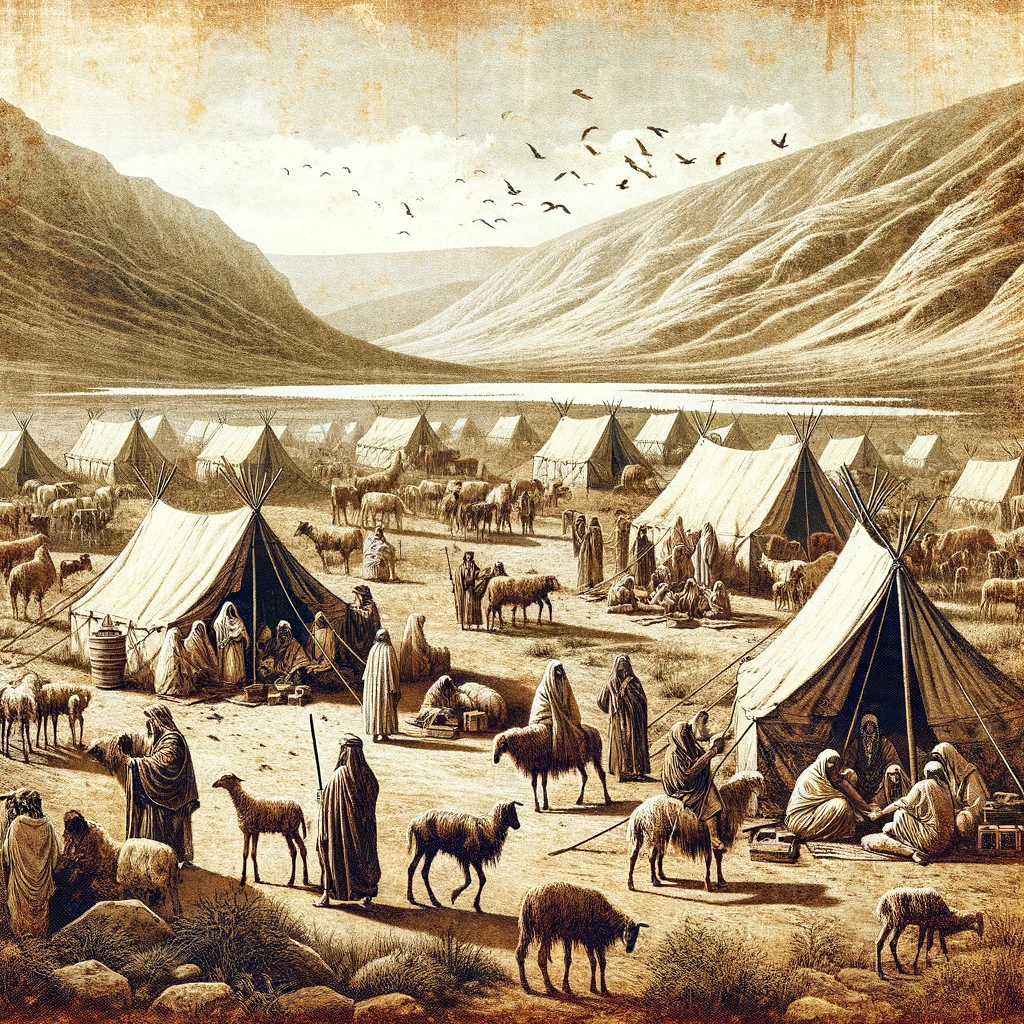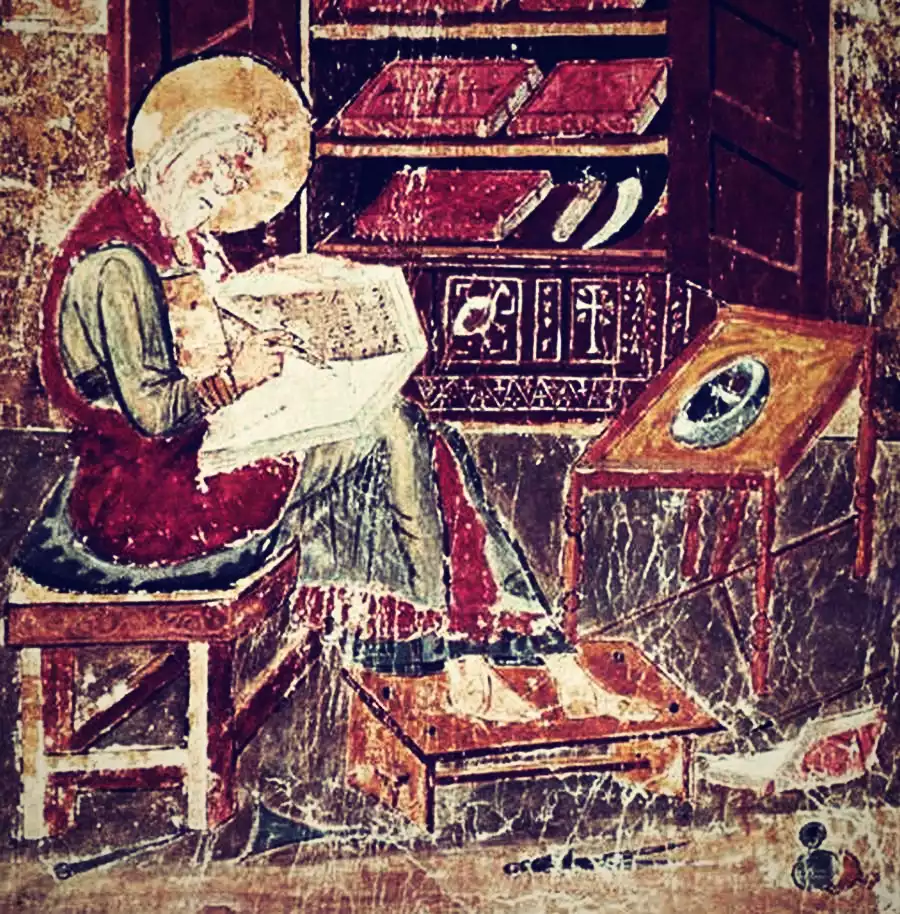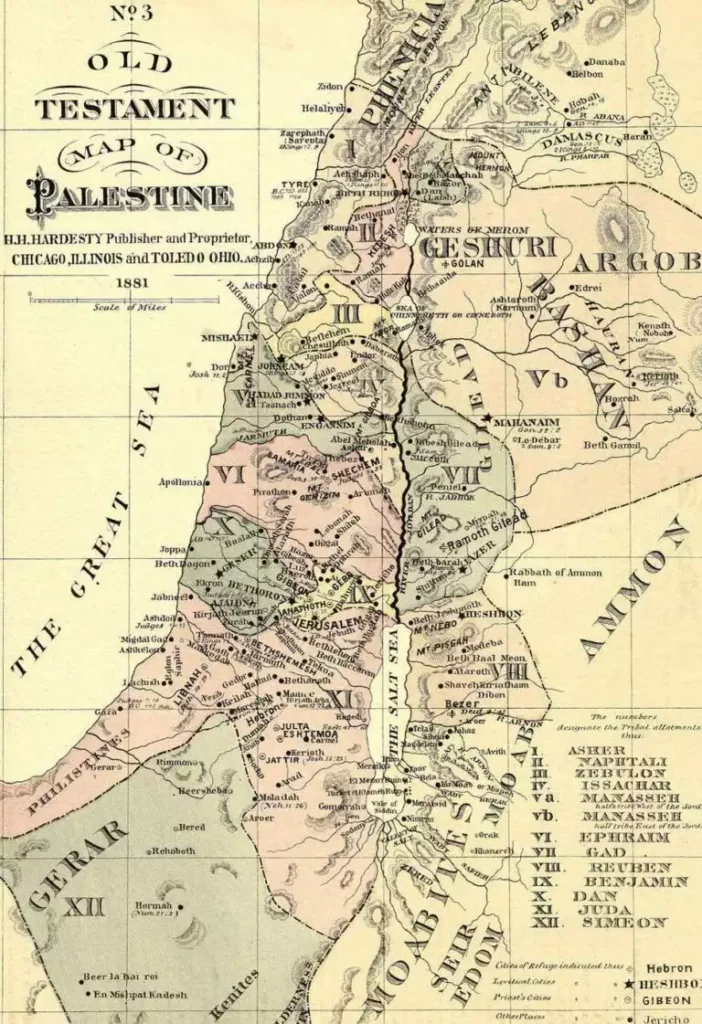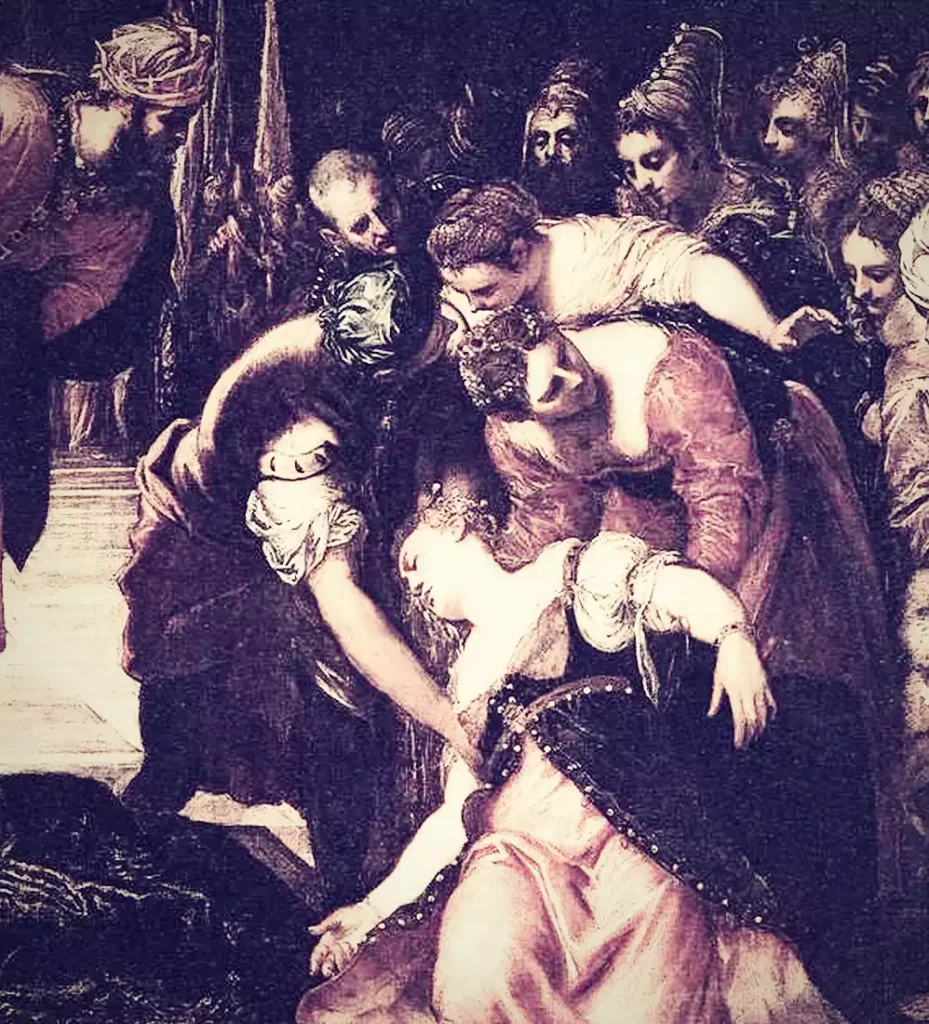Zanoah | Hebrew: זָנוֹחַ | Name
Etymology and Semantic Analysis The name Zanoah derives from the Hebrew root ‘זָנוֹחַ’, a noun that appears in the context of biblical geography rather than as a verb or adjective. This name is identified with a town in the Judaean hills, mentioned in the Bible within the context of lists detailing settlements in the region. […]
Zarhites | זרחי (Hebrew) | Tribe

Etymology and Semantic Analysis of Zarhites The term “Zarhites” traces back to the Hebrew root ‘זרחי’ (Zarchi or Zarhi), directly linked to Zerah, a name meaning “dawning” or “rising of light.” The Zarhites were descendants of Zerah, one of Judah’s sons, making them a significant clan within the tribe of Judah. This etymological journey from […]
Ezra

Translation in British English (Ezra) 1:1 At the outset of Cyrus’s reign over Persia, to fulfil Jeremiah’s prophecy through the LORD’s directive, the LORD inspired Cyrus of Persia to issue a decree across his realm, also recorded in writing, stating, 1:2 “Cyrus, king of Persia, declares: ‘The LORD, the God of the heavens, has bestowed […]
The Second Book of Chronicles

Translation in British English (The Second Book of the Chronicles) 1:1 Solomon, David’s son, found his reign fortified, the LORD his God by his side, elevating him to great heights. 1:2 Solomon addressed all Israel: the commanders of thousands and of hundreds, the judges, and every leader in all Israel, the patriarchs. 1:3 Together with […]
Zaanaim | צְאָנִים (Tse’anayim) | Place Name
Etymology and Semantic Analysis Zaanaim, translated from the Hebrew word צְאָנִים (Tse’anayim), is a place name mentioned in the Old Testament. The root of this Hebrew term, צְאָן (Tse’on), typically refers to a flock, often of sheep or goats, implying a pastoral or grazing locale. The dual form of the word, צְאָנִים, suggests “double pasturage” […]
Zadok | צדוק | (Name)
Etymology and Semantic Analysis The name ‘Zadok’ stems from the Hebrew root צדק (ṣādēq), which means ‘righteous’ or ‘just’. Zadok, a prominent figure in the Old Testament, served as a priest during King David’s and Solomon’s reigns. The first mention of Zadok is in 2 Samuel 8:17, where he is appointed as a priest along […]
The Second Book of the Kings, 2 Kings

Translation in British English (The Second Book of the Kings) 1:1 Subsequently, Moab revolted against Israel following Ahab’s demise. 1:2 Ahaziah plummeted through a lattice in his upper chamber in Samaria, becoming gravely ill. He dispatched messengers, instructing them, “Seek guidance from Baalzebub, the deity of Ekron, regarding my recovery from this illness.” 1:3 Yet, […]
Yah | יָהּ (Yah) | Name
Etymology and Semantic Analysis The term ‘Yah’ is a shortened form of Yahweh, the personal name of God in the Hebrew Bible. Derived from the Tetragrammaton יהוה (YHWH), ‘Yah’ appears predominantly in poetry and songs. The etymology is connected to the Hebrew verb היה (hāyāh), meaning ‘to be’ or ‘to become’, suggesting a dynamic and […]
Yoke | Ζυγός (zygos) | Noun
Etymology and Semantic Analysis The word ‘yoke’ in English is a direct translation of the Greek word ‘ζυγός’ (zygos), signifying an instrument used to join two animals, typically oxen, together for the purpose of plowing or pulling a load. This concept is present throughout the Bible, symbolizing a range of meanings from oppression and burden […]
Dan | שֵׁ֖בֶט דָּ֑ן (Hebrew) | Tribe Name
Etymology and Semantic Analysis The name “Dan” originates from the Hebrew word “שֵׁ֖בֶט דָּ֑ן” (shevet Dan), literally translating to “tribe of Dan.” This term uniquely identifies one of the twelve tribes of Israel, named after Dan, the fifth son of Jacob and the first of Bilhah, Rachel’s maidservant. The word “Dan” itself means “judge” or […]
Zabulon | Jacob’s Son and Ancestor of the Israelite Tribe

Zabulon, one of the twelve sons of Jacob and an important figure in biblical history, is a significant ancestral patriarch of the Israelite tribe bearing his name. While specific dates of his birth and death are not definitively recorded in historical texts, Zabulon’s legacy is entrenched in the cultural and religious fabric of Jewish history. […]
